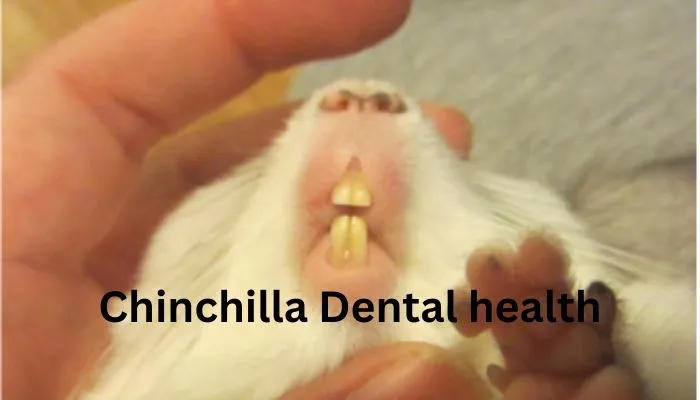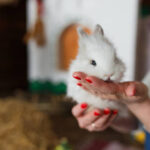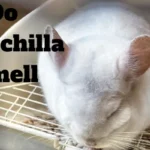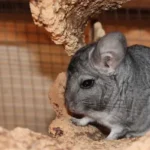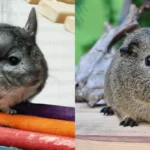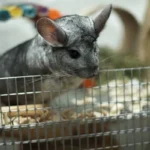Chinchillas, those irresistibly cute and furry creatures, require meticulous care to ensure their overall well-being. Among the various aspects of chinchilla health, dental care stands out as a critical component. Chinchillas have continuously growing teeth, a unique characteristic that demands attention and care. In this comprehensive guide, we will delve into the nuances of chinchilla dental health and explore natural remedies and practices to maintain their teeth in optimal condition.
Understanding the Importance of Dental Health in Chinchillas:
Chinchillas are herbivores, and their diet primarily consists of fibrous vegetation in their natural habitat. In captivity, replicating this diet is essential for their dental health. Unlike humans, chinchillas’ teeth grow continuously throughout their lives, and without proper care, they can face issues such as overgrowth, malocclusion, and related health problems.
1. The Foundation: A Fiber-Rich Diet:
The cornerstone of chinchilla dental health lies in their diet. High-quality hay, such as timothy hay, should be the primary component of their daily food intake. Hay provides the necessary roughage and fiber, promoting natural wearing down of their teeth.
A diverse and balanced diet is key. While hay is fundamental, supplementing their diet with fresh vegetables, like kale, spinach, and dandelion greens, can contribute additional nutrients while also providing some chewing resistance to aid in dental health.
Avoid overfeeding sugary or starchy treats, as these can lead to obesity and dental problems. Stick to natural treats like rose hips, dried herbs, or small amounts of dried fruits, ensuring moderation to maintain a healthy balance.
2. Chew Toys for Dental Stimulation:
Chinchillas have an innate need to chew, and providing suitable outlets for this behavior is crucial for dental health. Various chew toys are available, ranging from wooden blocks and untreated apple branches to pumice stones.
Rotate the toys regularly to keep your chinchilla interested and engaged. This not only promotes dental health but also provides mental stimulation, preventing boredom and ensuring a happy, well-adjusted pet.
3. Environmental Enrichment:
Creating an enriching environment is essential for the physical and mental well-being of chinchillas. In the wild, they navigate rocky terrains and climb trees, activities that naturally help wear down their teeth. In captivity, replicate this by providing a spacious cage with platforms, shelves, and opportunities for climbing and jumping.
Incorporate items like lava ledges and platforms within the cage to offer additional surfaces for your chinchilla to chew on. This not only aids in dental health but also provides an engaging living space.
4. Proactive Veterinary Care:
Regular veterinary check-ups are indispensable for monitoring your chinchilla’s overall health, including dental well-being. Find a veterinarian experienced in chinchilla care who can perform dental examinations and identify potential issues early on.
Watch for signs of dental problems, such as difficulty eating, drooling, weight loss, or changes in behavior. Prompt veterinary attention can address concerns before they escalate, ensuring your chinchilla’s dental health remains in top condition.
5. Maintaining Ideal Living Conditions:
Chinchillas are sensitive to changes in temperature and humidity. Optimal living conditions contribute to their overall health, including dental well-being. Keep their environment cool and dry, mirroring the conditions of their native habitat.
Consider the placement of the chinchilla’s cage to avoid direct sunlight and drafts. Use appropriate bedding materials to maintain cleanliness and provide comfort. A comfortable and stress-free living environment positively impacts their appetite and, consequently, their dental health.
Conclusion:
Caring for your chinchilla’s dental health is a multifaceted commitment that involves attention to diet, environmental enrichment, and proactive veterinary care. By understanding the unique dental physiology of chinchillas and implementing natural remedies into their daily routine, you can ensure a happy and healthy life for your furry friend.
Remember, preventive measures are key. Regularly assess their teeth, monitor their behavior for any signs of distress, and stay attuned to their dietary and environmental needs. With the right care, your chinchilla can thrive, showcasing those endearing qualities that make them such beloved companions. Embrace the journey of caring for your chinchilla’s dental health, and enjoy the rewarding experience of fostering a strong bond with these charming creatures.
